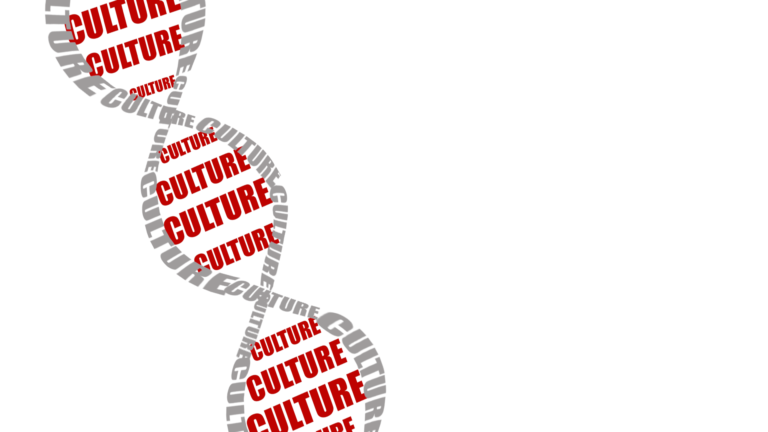You Are Selfish

his in no way is meant to be cynical, pessimistic, nor accusatory. Rather its meant to inform and bring more awareness to people around you, the reasons for their actions and how to lead them. This also doesn’t mean that every human is lurking in the shadows planning to deceive someone. What it is, is a way of seeing why we sometimes see teammates do things that they do.
This learning is something that should completely change your perspective in management and leadership. It should allow you to open up your mind to who, and what, it is that work with us. The problem is that it won’t be easy. At first you’ll think, no way. How can all humans be selfish? You’re telling me EVERYONE in one way shape or form puts themselves first? The whole species? Well, yes, and no, but mostly yes and mostly when they feel like their backs are against the wall and have no choice. Its a tough fact to swallow but there it is. Actually written in the science! Not only THAT but literally in our genetic code. The only way our genes could have made it this far through natural selection is to have been selfish in their replication. Look it up. It even exists in groups of animals, since we’ve adapted from some of these species.

Take a scenario where a snake is approaching a group of frogs. What will happen? Believe it or not, they won’t run away separately. Rather than that, they will group together and squeeze on top of one another. Knowing this, did you think frogs huddle together in fear of a snake to “group up, look tough and scare it off”? Not exactly. What they’re doing is squeezing in between one another so they’re not stuck on the outside where their chances of being eaten are far more likely….selfish.
Many primate species who we’ve evolved from also gather together in order to stay alive individually. This makes the chances of getting picked off less likely because you’re in a group or simply decreasing your chances of your own demise by 50% just because you’re standing next to another primate. This became our species’ initial move towards group cohesion.
Managing it in the workplace
So what does this mean? Well, thankfully somewhere along the line, through many iterations of this frog problem, we humans realized its more beneficial for us to group up for our individual benefit, which inadvertently benefits the group as a result. But how? These strategies, which we will discuss in later articles, are the facets of good management and leadership….but we have to remember the selfish gene is ALWAYS there.
“man has almost constant occasion for the help of his brethren, and it is in vain for him to expect it from their benevolence only. He will be more likely to prevail if he can interest their self-love in his favor, and show them that it is for their own advantage to do for him what he requires of them. … It is not from the benevolence of the butcher, the brewer, or the baker that we expect our dinner, but from their regard to their own interest.” Adam Smith
To repeat: “He will be more likely to prevail if he can interest their self-love in his favor, and show them that it is for their own advantage to do for him what he requires of them.”
This is management is it not?
Great I work with a bunch of selfish primates, now what?
Its best for us to know this. That many of our’s, and other’s, actions are in fact self-serving. With this we can see people’s unexpected actions as what they are: the selfish gene’s response to the problem at hand. Is someone you’re managing not performing well at work? Not showing up and executing? Not seeing that doing the small things adds up to success in the long run?
More than likely somewhere outside of work the individual’s priorities, which are always rooted in their self-preservation and the perspective of that self preservation, is rooted in a place where working hard on this team or in this company is not the priority at all.
This can tell us a lot. Priorities between this individual and work are no longer aligned. There is a major disparity here. Work does not benefit this individual’s vision of self preservation any longer. The key to shifting this is to appeal to this individual’s notion of self-preservation.
“To convince a man, you must appeal to his self interest” – Will Durant
Understand if self-interest is a major driver of actions, where does this human not see their performance having a direct correlation to their survival? Somewhere in their life priorities are shifted.
This is where we come in
What exactly drives this human? Since we all make decisions based on our selfish genetics, what does this human see in their errant actions as satisfying their selfish gene?
With knowing that this is the case, it seems very difficult to manage and lead a group of selfish homo sapiens, and it is – but this is management/leadership and the reason its so hard sometimes. It doesn’t have to be this hard though. If we look into the past, we can suss out what drove our species together in the first place in light of this selfish gene then we can look for and cultivate these facets in our own management styles.
IF YOU'RE NOT READING, YOU'RE BEHIND
Conclusion



